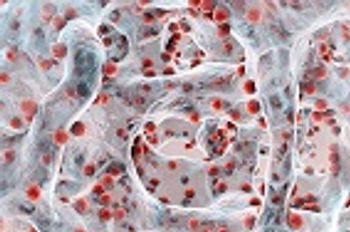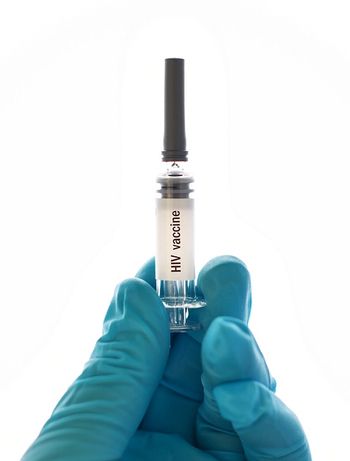
US hospitals have made significant reductions in the incidence of hospital-acquired infections (HAIs) over the past decade, a new report from the Centers for Disease Control and Prevention (CDC) has revealed.
Brian P. Dunleavy has been covering health and medical research for more than 25 years, for United Press International and EverydayHealth.com, among other outlets. He is also the former editor of Infectious Disease Special Edition. In addition, he has written on other subjects for Biography.com, History.com, the Village Voice and amNewYork, among others. He holds a master’s degree from the University of Missouri School of Journalism.

US hospitals have made significant reductions in the incidence of hospital-acquired infections (HAIs) over the past decade, a new report from the Centers for Disease Control and Prevention (CDC) has revealed.

The Centers for Disease Control and Prevention believes far too many Americans are exposed to "dangerous, drug-resistant bacteria" in hospitals and other healthcare settings.

Epidemiologists and other researchers are still learning about Zika and its effects on those infected, including pregnant women and their unborn children.

Researchers have discovered a new class of chemical compounds that work to inhibit biofilm formation, thereby identifying a potential new therapeutic target for the treatment of infections caused by Acinetobacter baumannii.

A recent article endeavors to draw new-- and perhaps increased-- attention to the issue of neurologic side effects associated with antibiotic use in hospitalized patients.

Researchers from the Dana-Farber Cancer Institute in Boston, MA have, for the first time, identified a link between a person's genetic make-up, as well as their ethnic background, and their response to influenza vaccine.

A viable vaccine remains the Holy Grail in efforts to prevent the spread of HIV and protect those at high risk for the virus.

Study finds no evidence that long-term daily use of CHG leads to high levels of antibiotic resistance in bacteria on patients' skin.

An alarmingly high number of blood and bodily fluid exposures go unreported by operating room (OR) nurses in Thailand.